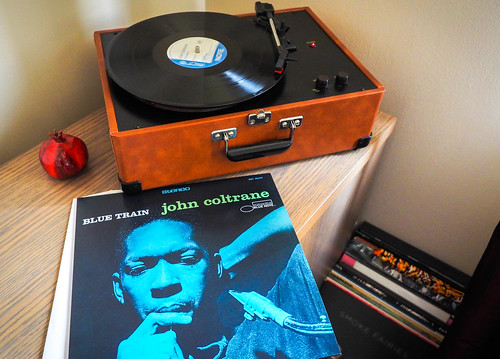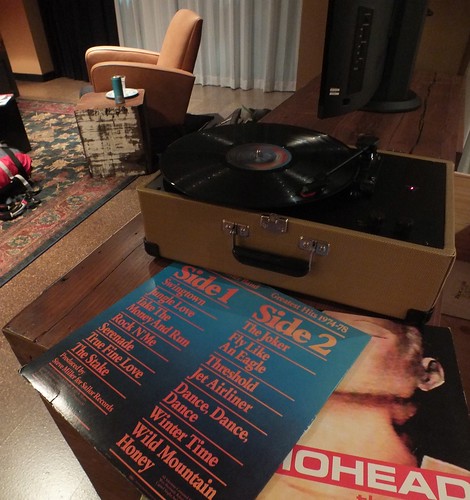
I see the Beeb is likely to be regulated via Ofcom in the future, taking over from the current BBC Trust arrangements.
The head of the BBC Trust, Rona Fairhead, called for external oversight pretty much since she took the role. Similarly, when John Whittingdale took over as culture secretary, he was cited as disliking the BBC in its current form. He's already set to back this new Clementi report recommendations.
The whole thing is a sword swipe across the legs of the current mechanisms. In the corporate politics everyone has been left to get on with their business until the day of execution.
That's also what is happening now with the BBC's recent public consultation, to which I was one of the respondents. The original 'Future of the BBC' document is still a fascinating read, even if it is about to get - er- deleted. My own response was submitted directly but the storyline now is that many of the responses were too 'left wing'. So much for public views. Whittingdale now appears to be hinting that he wants to launch his own replacement review.
These smack of straight moves from a Sun Tsu playbook. Move the battle to another field and replace any agenda threats. It's amazing how well the art still works.
 A notable difference with the move to Ofcom is the relative shift from right brain to left brain.
A notable difference with the move to Ofcom is the relative shift from right brain to left brain. If the BBC Trust future vision was one of creativity, then Ofcom is all over licences, frequency spectrum, telephone nuisance calls and broadband access.
Come to think of it, there's some mixed results with some of that, too. Although hardly a thought about the actual content across the communications mechanisms. So much for the 'new age of wonder'.
In the post phone-hacking scandal world of News Corporation and Sky, with the quiet shadows of Viacom, Liberty Global, Vodafone, Comcast and NBC taking peeks at ITV, we can start to see a further shake up of television as we know it.
Independent, creative and thoughtful programming? Or maybe exercise for the accountants? Shares and subscriptions, anyone?



























